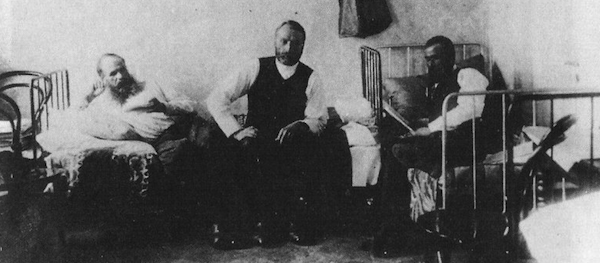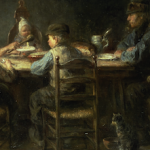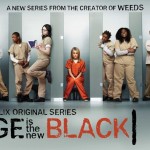“What we need is… better art and better stories—better fictional worlds, by which I mean fictional worlds that rhyme with what is the case, with what is true yesterday, today, and forever,” says Alan Jacobs over at First Things. He is concluding his rather lengthy article comparing Lena Dunham’s HBO series Girls with Jane Austen’s novel Mansfield Park. Austen, he has argued, writes “interestingly about good people [and] really bad ones too”—and the moral character of her subjects has an effect on how their story plays out, just as it would in our own world. He contrasts this to the rather less noble myths perpetuated by Girls.
Shortly after reading Jacobs’ piece that I clicked over to The Atlantic and read Maria Konnikova’s new article, entitled rather dramatically, “Do Readers Judge Female Characters More Harshly Than Male Characters?” Konnikova begins with a report on what’s happening “in the real world”:
Over the last 30 or so years, work by social psychologists like Susan Fiske and Mina Cikara has repeatedly demonstrated that women are perceived and evaluated on different criteria than men: not only are the same traits that are seen as positive in one (say, assertiveness in men) reconstrued as negative in the other (say, pushiness in women), but we put different relative values on different traits depending on gender. Niceness, for instance, is seen as consistently more important in women than it is in men—something that high-profile women from Hillary Clinton to Margaret Thatcher have felt all too well, no matter what they try to do and how they try to act.
Her next sentence carries an epic tone: “Now, even fictional females are feeling the sting.”
Her central piece of evidence for this “sting” is a recent interview in which a (female) interviewer from Publisher’s Weekly asked (female) author Claire Messud if she would want to be friends with the (female) protagonist of her book, who is “almost unbearably grim.” To this question, Messud (and Konnikova, throughout the course of her article) fire back, “For heaven’s sake, what kind of question is that?”
The problem here, Konnikova seems to think, is that women are looked at, judged, differently in real life—and we should keep that from creeping over into fiction. Fictional women should be judged just the same as fictional men. She gives Raskolnikov, the murderous protagonist of Dostoevsky’s classic Crime and Punishment, as an example. No one would think to ask Dostoevsky if we would want to be friends with Raskolnikov, because Raskolnikov (and Dostoevsky) is a man. No male author would be asked this question, because men are judged on the quality of their work, instead of whether you’d like to get a drink with their protagonists.
Maybe that is why no one would ask. But I would venture to offer the mildly obvious possibility that no one would ask if Raskolnikov would be a good friend because he obviously wouldn’t. Perhaps the interviewer asked Messud a question about her protagonist’s “friend quality” because her protagonist is female—or maybe it was because she actually saw, through the character’s anger and grimness, a quality that she identified with and wanted to know better. Maybe she saw something true to life there, and she was asking Messud to identify with her own character on a personal level—a real level. Konnikova is upset because she thinks that Messud was asked a silly, throw-away question—a question that was unworthy of her “serious” career as a writer. But I disagree.
We at Fare Forward have asked why we don’t talk about friendship more. Friendship is an important, vital part of each of our lives. If fiction is to be true to life, to speak to truths, then friendship is an important quality to examine in a novel, or in an individual character. Furthermore, if genders are perceived differently, and expected to have different qualities in “real life”—regardless of whether you think that’s a good thing or a bad thing—can’t we examine and discuss that in our reactions to fiction, as well? Won’t that “real” quality of characters—who might be grim, or angry, but who are relatable, whom we might be friends with—make our stories better?
[Image of Dostoyevsky in Prison from Wikipedia]













